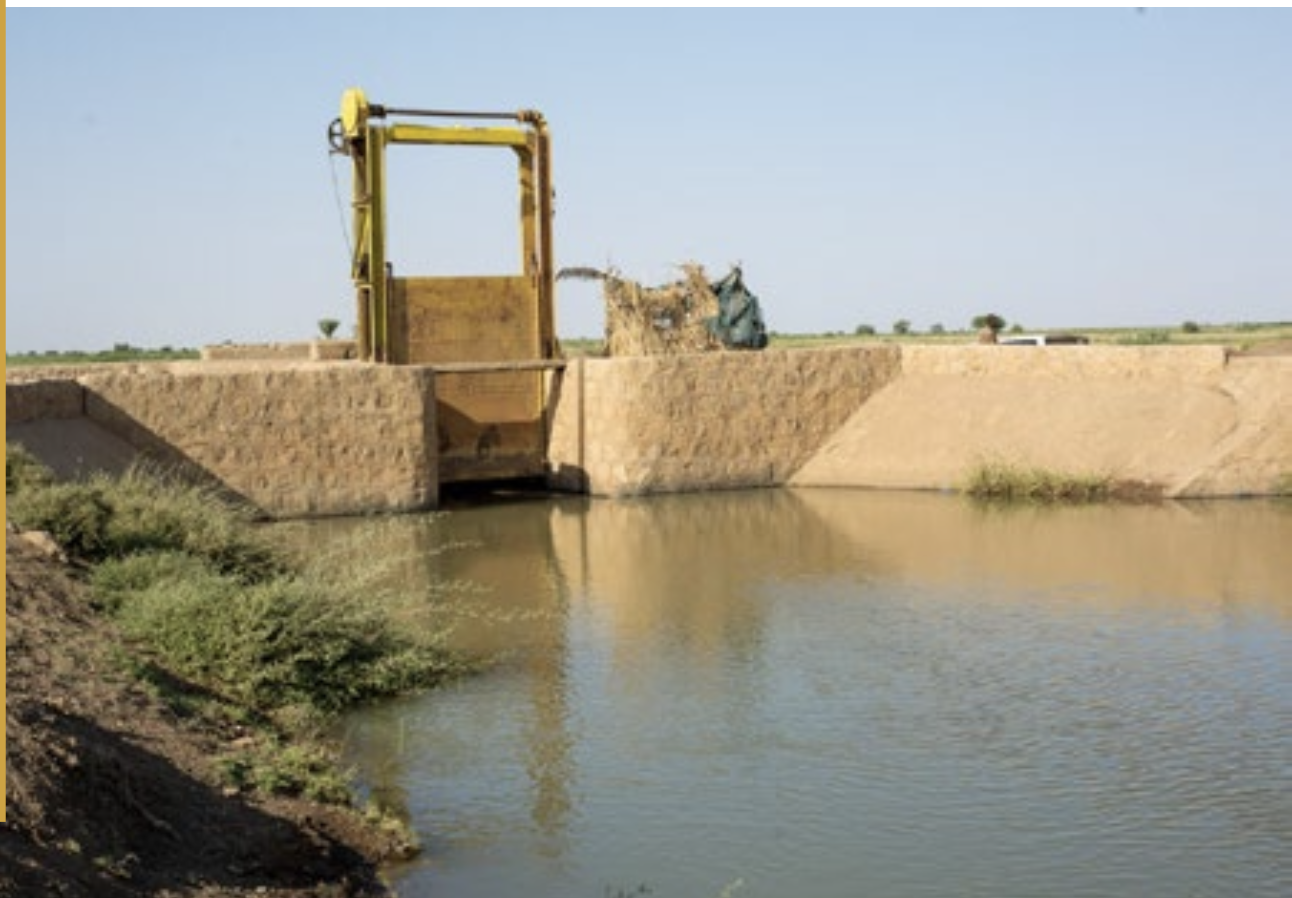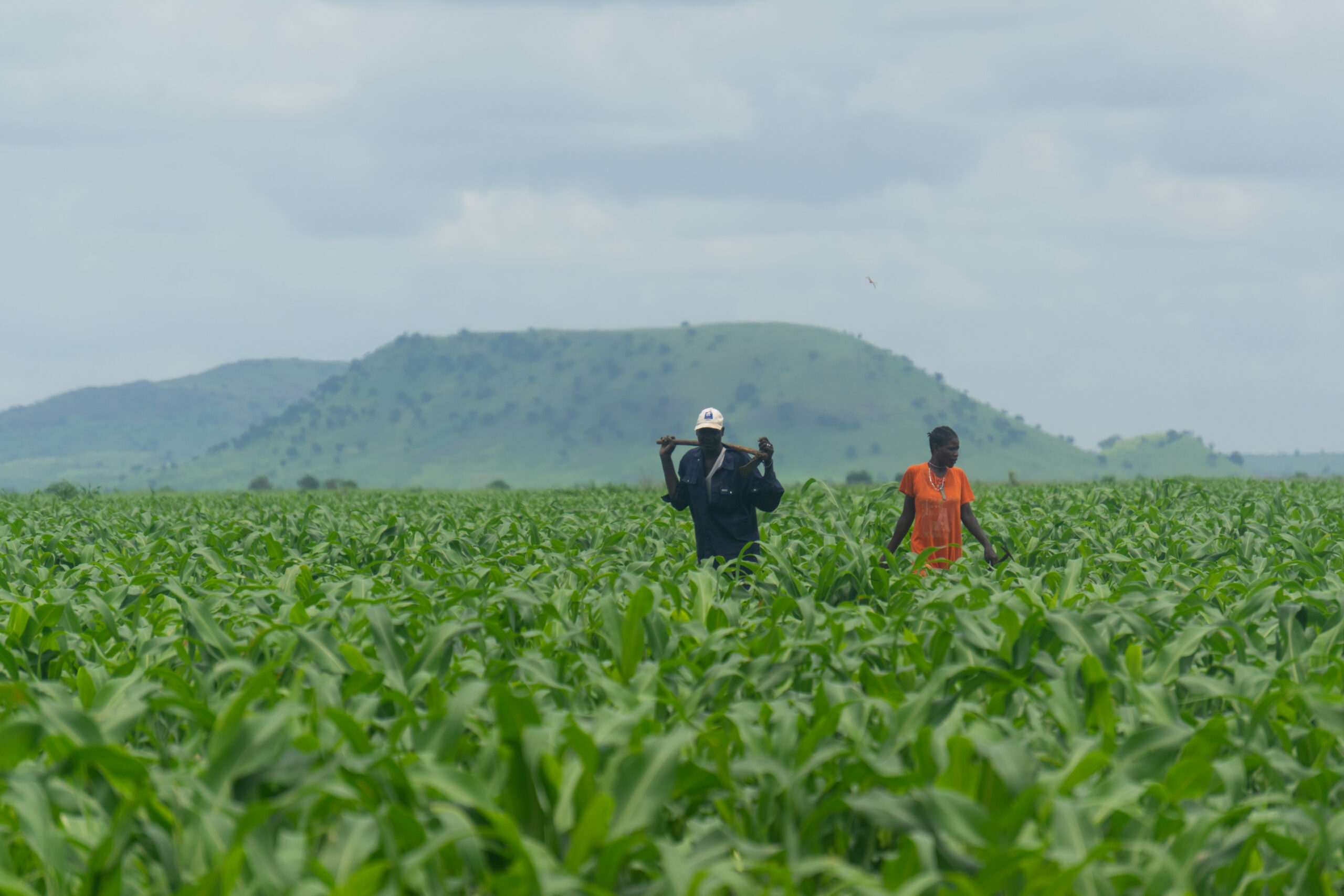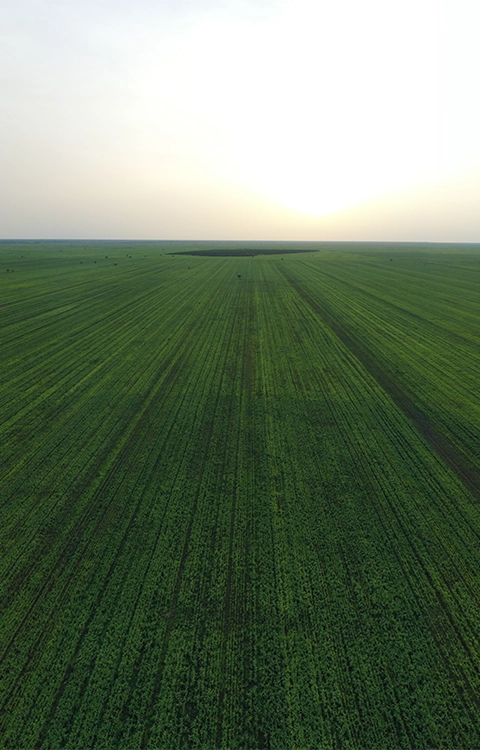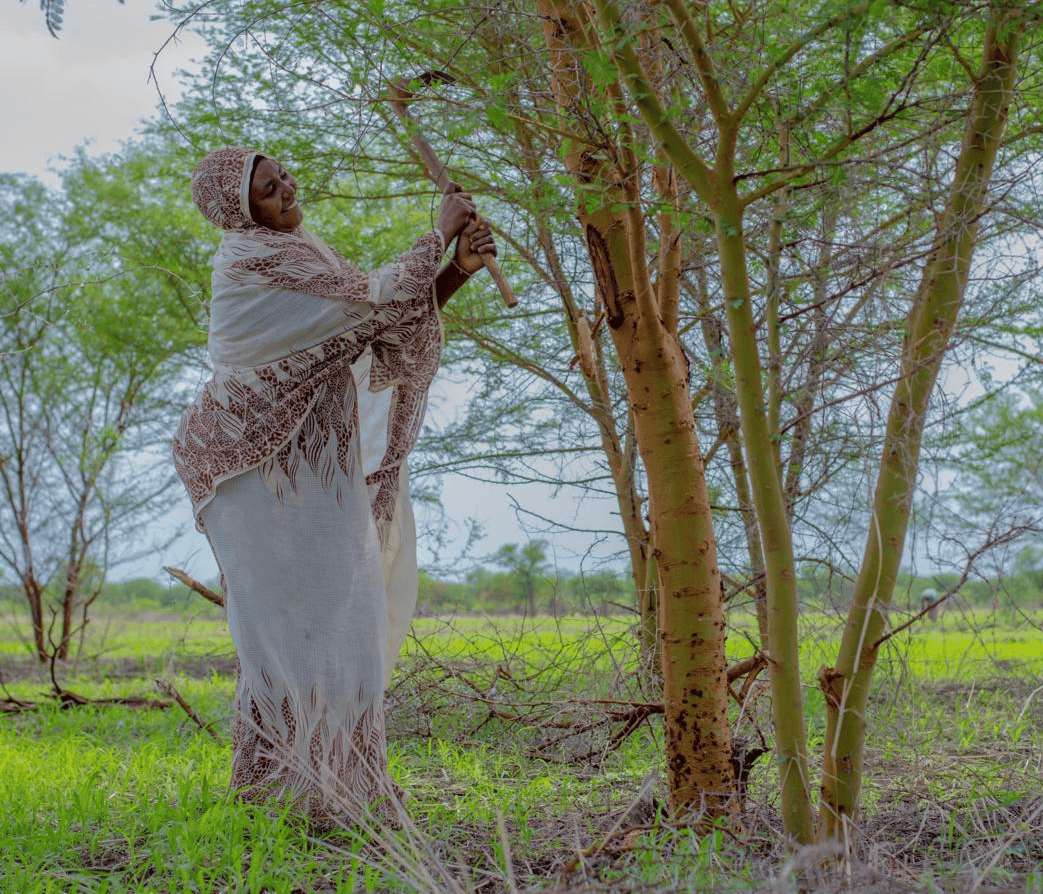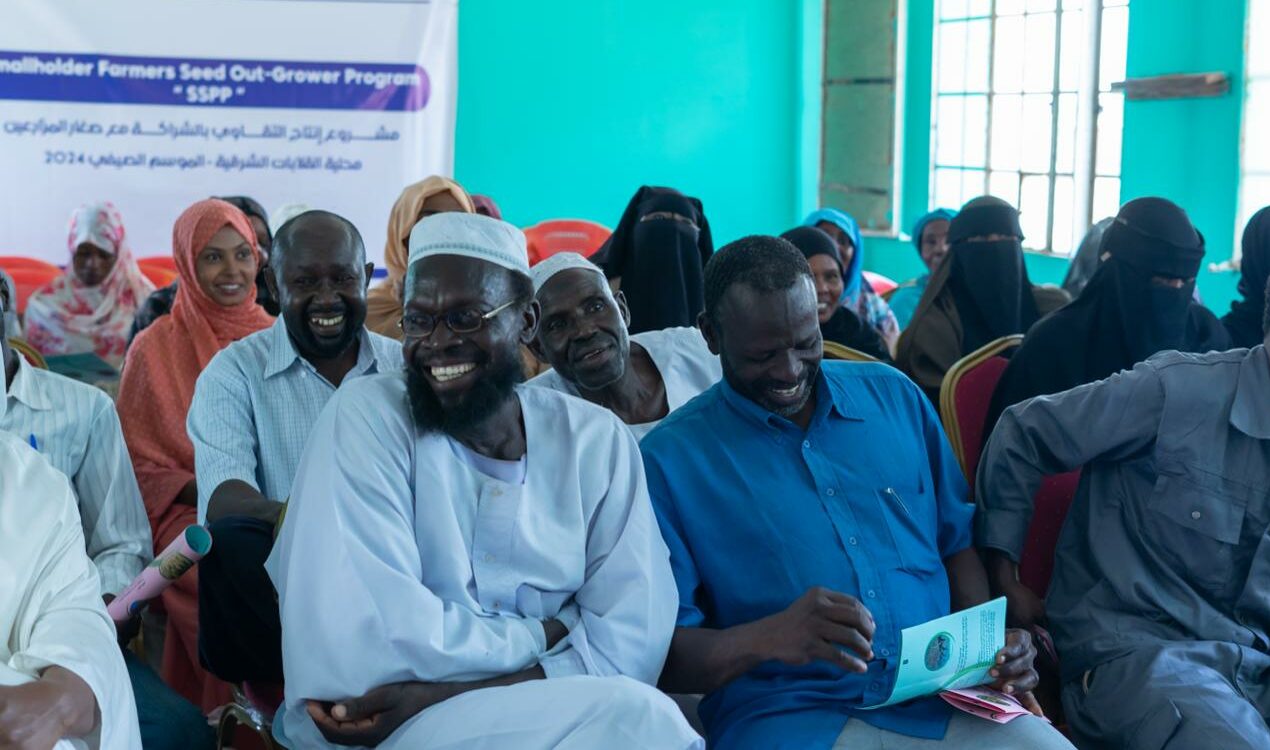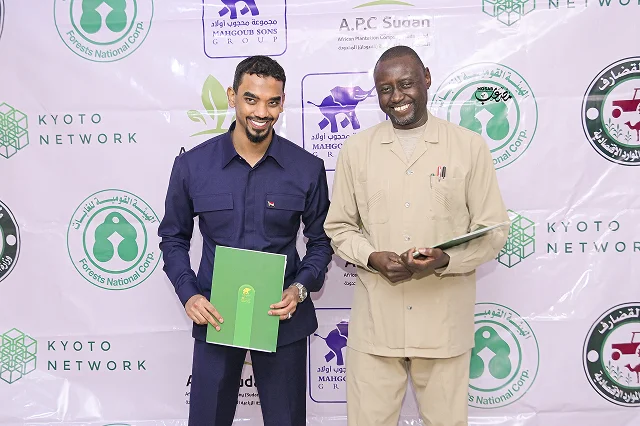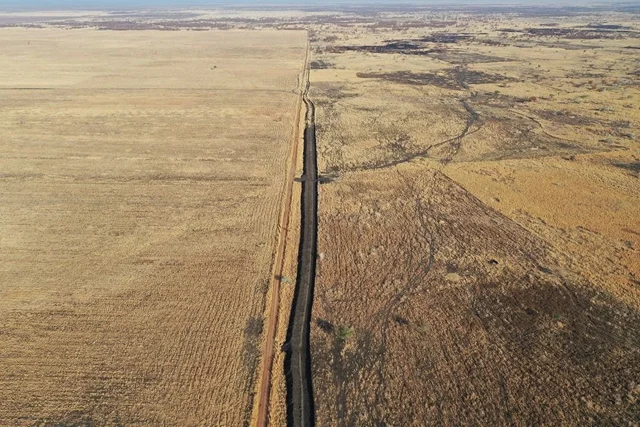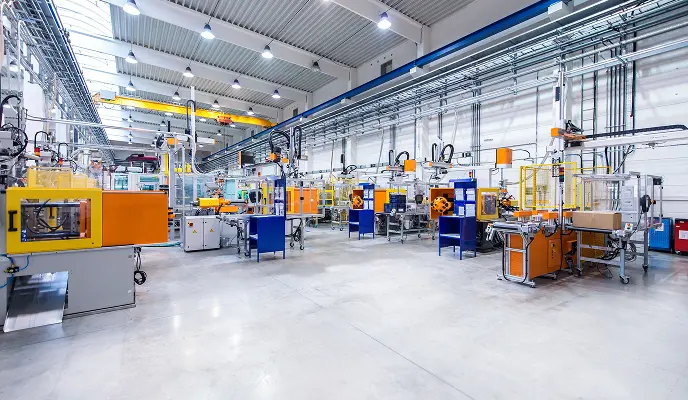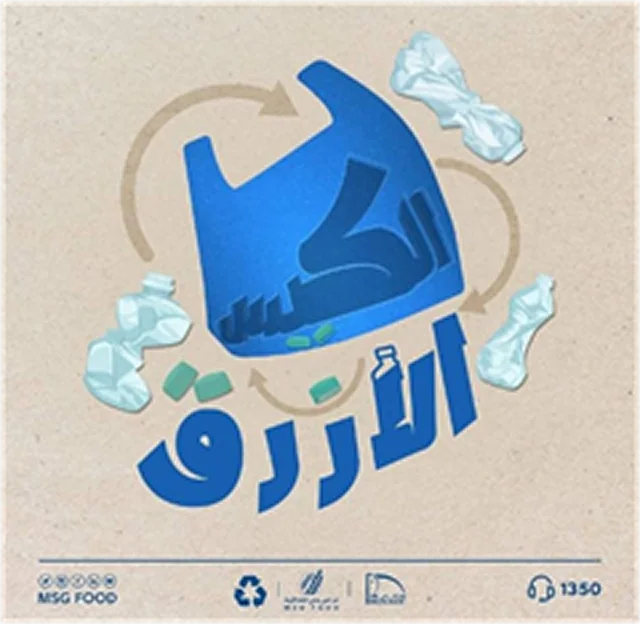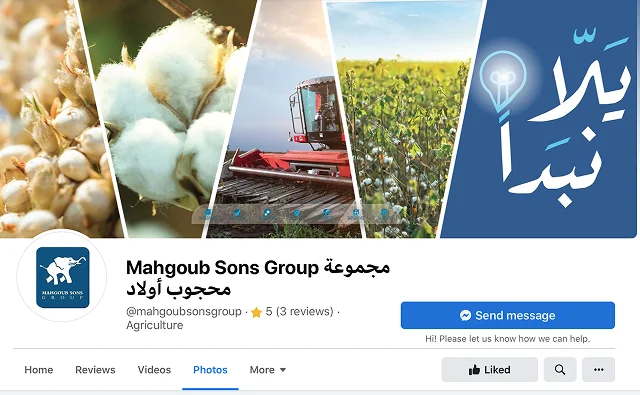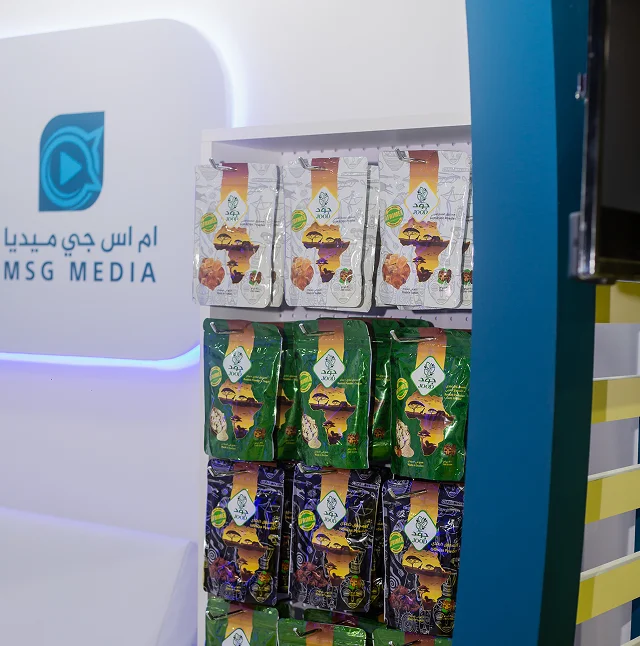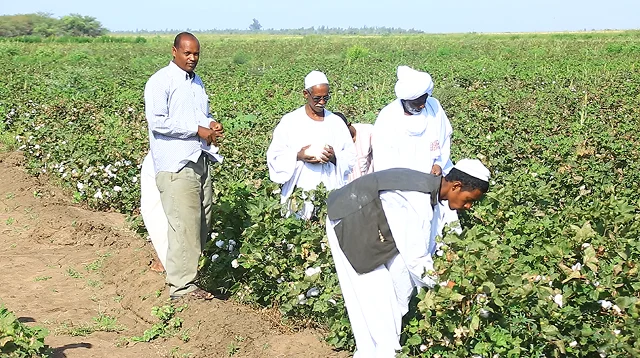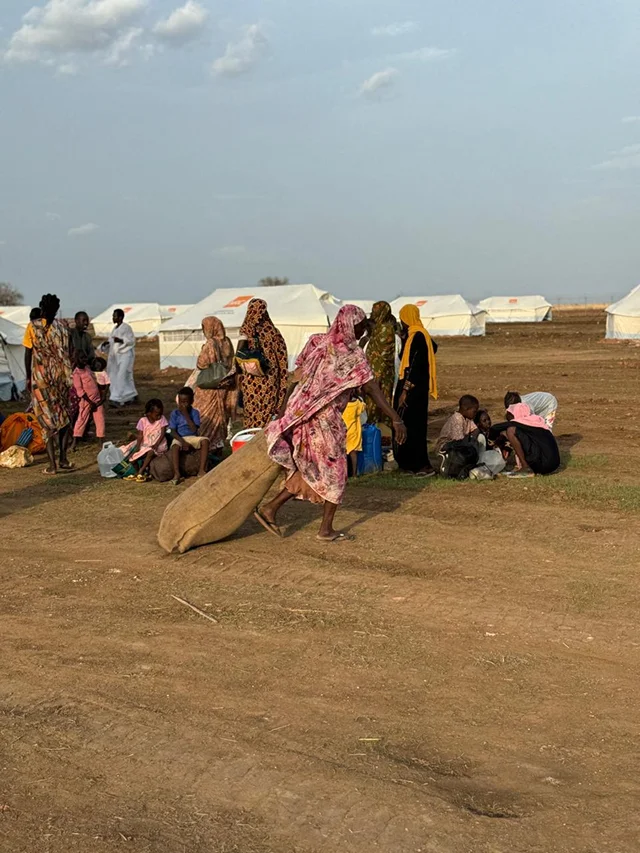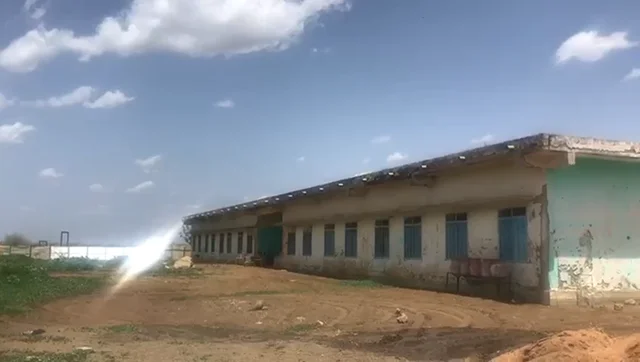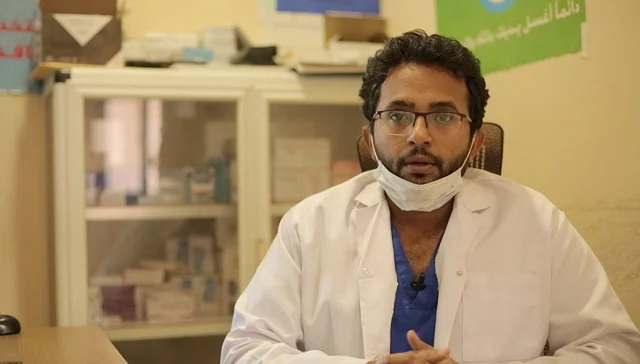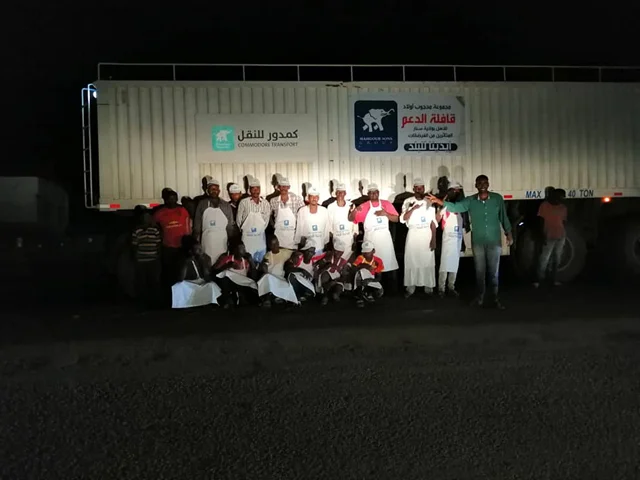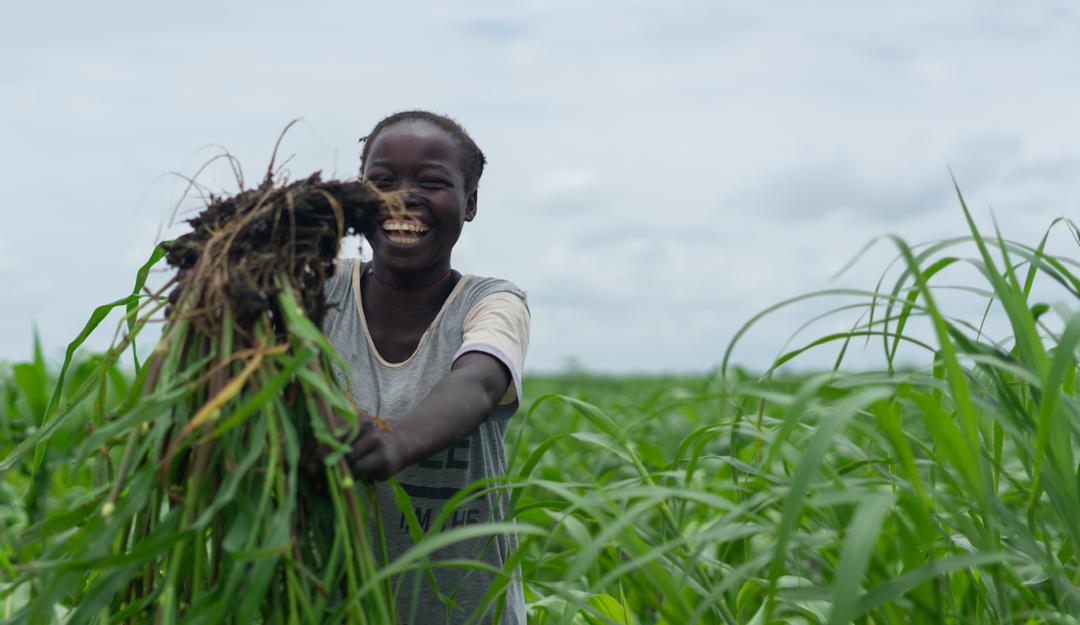
Our Commitments
Empowering Communities, Enriching Lives
In the face of ever growing economic, environmental and social challenges, MSG is committed to not only boost regional agriculture and food security, but to support our communities and value chains in the process.
Our commitments are driven by three main pillars:
Sustainability, Enhancing Livelihoods, and Inclusive Business
-

Sustainability
Our commitment is to deliver resilient agriculture and food systems and preserve them for future generations.
Proactively protecting the environment and promoting sustainable practices.
-

Inclusive Business
Our commitment is to ensure we support all groups across the value chains to support development and income regeneration.
Ensuring fairness in the workplace, transparency and equal opportunities.
-

Enhancing Livelihoods
Our commitment is to ensure our communities and those in our value chain enjoy decent livelihoods.
This includes basic services, access to clean water, health and education.
Objectives
Help 250,000 Farmers by 2030 Implement Sustainable Farming Practices
Help Restore 250,000 Acres
100% of Packaging to be Reusable, Recyclable or Biodegradable by 2035
3% Budget Supporting Agricultural Research and Projects on sustainable agriculture
30M+
Trees Planted
0MT
Carbon Sequestered
150,000+
Farmers Trained on Sustainable Practice
900,000+
Acres Farmed Sustainable
280MT
Recycled
Our Commitments in Practice
Adopting sustainable agricultural practices through implementation of minimum tillage, smart farming and adaptive technologies across all our farms and contract farmers to preserve soil and minimise input use.
Targeted focus on promotion and development of the rainfed sector in order to promote more sustainable farming and limit use of groundwater and irrigation.
Increasing water efficiency through land levelling and water harvesting projects - to make use of excess water and reduce annual losses and inefficiencies.
Smart farming application to reduce excessive use of chemicals and fertilisers.
Supporting biodiversity maintenance through planting forestry in at least 10% of project areas and ensuring no forestry is taken down to make way for crops.
Supporting productive forestry to support local communities. This was done for example by planting of Gum Arabic Belts along Fao-Gedaref route, currently harvested by local farmers for additional income.
Our cotton seed delinting process uses 60% less acid per ton than the traditional processes in Sudan, more so we recycle the acid used and ensure 0 pure acid waste.
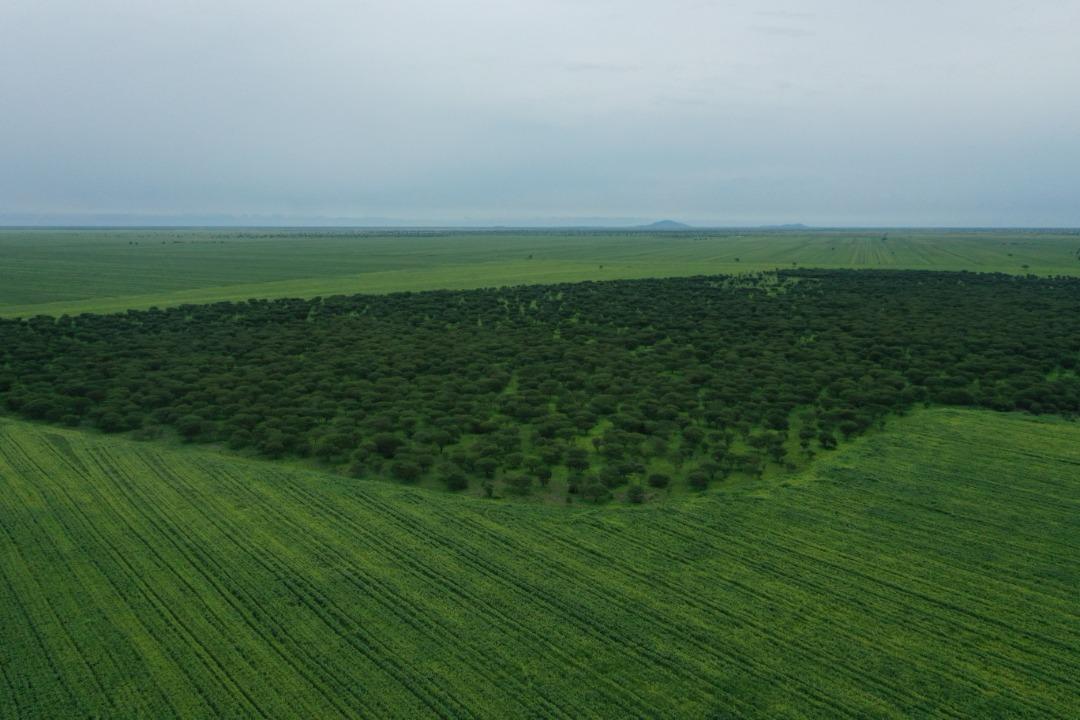
Projects
Objectives
25% Employed from Local Rural Communities
40% Women and Youth Employed or Engaged.
30% SME’s Engaged Across Value Chain
60% Sourcing From Small-Scale Farmers by 2030
13%
SME’s Engaged
36%
Females in Management or Succession
53%
Crops Sourced Directly from SS Farmers
23%
Employment from Rural Communities
Our Commitments in Practice
90% of our value addition projects are strategically located upcountry to generate employment and promote rural development.
Priority is given (per company policy) for females and local communities in hiring up to management positions.
Targeted Graduate Development Programs available in our three main divisions providing opportunities for marginal groups.
Local and rural SME’s engaged in small and medium scale projects where possible.
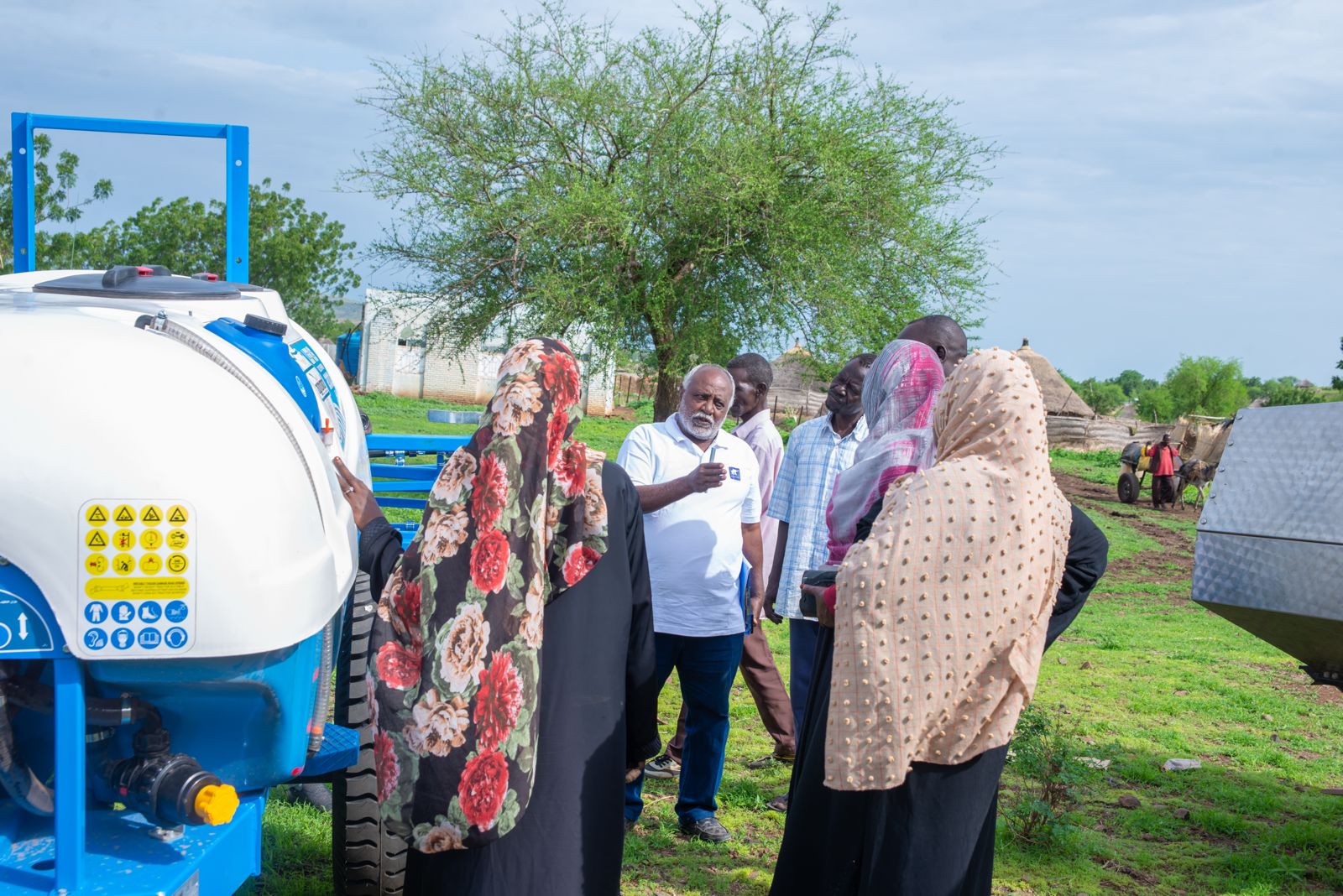
Projects
Objectives
1 Million People with Access to Basic Services
10,000 Youth Provided Educational Opportunities Establish agricultural training and research institute
50% Reduction in Basic Disease Around Farms.
Support 1 Million Small-Scale Farmers to Access Markets and Finance
75,000+
People Accessing Clean Water
21,700
Arable Acres Rehabilitated
15
Research Grants
150,000+
Farmers Financed
200,000+
Livelihoods Enhanced
Our Commitments in Practice
CSR budget allocations focus on provision of basic services including food, water, health, education and ability to access these services.
Installation of water wells around several rural projects and facilities providing drinking water for nearby communities.
Supporting agricultural infrastructure projects to support small-scale farmers production capacities, this includes for example rehabilitation of irrigation canals in New Halfa Agricultural Scheme and installation of new water irrigation pumps in Al Souki Scheme.
Supporting rural education initiatives including for example the rehabilitation of schools, one secondary school in specific serves 17 villages in Gedaref was rehabilitated with a provision of subsidised student meals.
Improving rural village access to services - example includes Sennar road rehabilitation linking production areas to the main road to access main cities for services.
